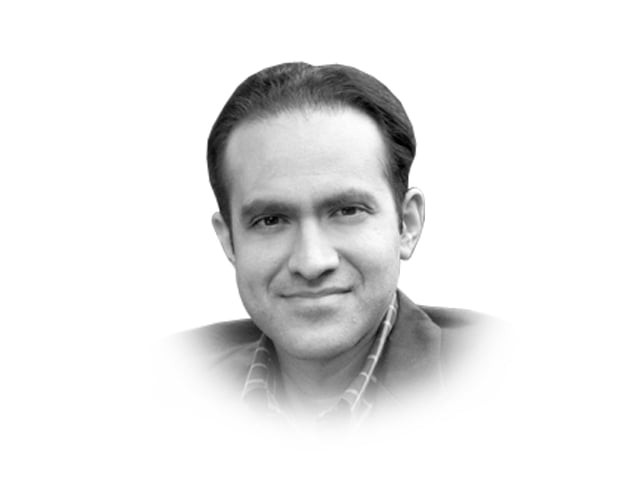Sexual pluralism in Pakistan
Beyond the status of women,the rights of transgendered individuals is an even more difficult issue for Muslim nations.

Sexual pluralism in Pakistan
In December 2009, the chief justice of the Supreme Court, Iftikhar Muhammad Chaudhary, ordered the Pakistani government to create a ‘third gender’ category on all national identity cards and to make the police directly accountable for any discrimination against transgendered individuals. Such individuals are also given a legal right to inheritance of property that was previously divided based on gender under the Muslim Family Laws Ordinance. For a highly conservative Islamic society where transgendered individuals have at best been pitied and marginalised, this was a revolutionary ruling that augured well for a country that is so painfully wrestling with modernity. Yet, as the polarised reaction to Bol shows, we still have a long way to go before we can reconcile sexual pluralism with religious observance.
Gender politics are central to reformation efforts in any society because sexual norms are the most personal and persistent traits where discrimination can elude pluralism. The Muslim states of the Gulf, particularly Saudi Arabia, manifest this asymmetry with their ostensibly modern infrastructure but have an inertial stance on gender politics. Indonesia, Pakistan and Bangladesh, which now rank as the world’s three largest Muslim countries, have exhibited a perplexing ambivalence on issues of women’s rights that appear to be stratified by class. On the one hand, all three countries have boasted women heads of state in their recent history and have leading women’s rights activists. On the other hand, the status of women in rural communities in all these states remains highly constrained by conservative norms.
Beyond the status of women, the rights of transgendered individuals is an even more difficult issue for Muslim countries to consider. The challenge has been the strong taboo against homosexuality in Islam, similar to fundamentalist traditions in most other religions as well. Eunuchs and transgendered individuals were immune from much of this taboo because there was no blame ascribed to their sexual preferences. Religious scholars could also give these individuals a pass because it could be argued that they were simply ‘victims’ of biological abnormalities or of extenuating social circumstances which may have led them to be castrated at birth.
The Pakistani Supreme Court ruling in this regard is perhaps a modest step in considering the complex nature of sexuality but without addressing the underlying issue of voluntary sexual preferences. Indeed, the court could not possibly address those more perplexing questions, such as ‘gay marriage’, because the Pakistani penal code still has clear injunctions against homosexuality and prison sentences against such ‘unnatural acts’ of up to 10 years. Sharia courts can have more stringent corporal punishments in this context as well.
However, it is also important to note that affection between men in Muslim societies can have non-sexual manifestations that are often misinterpreted by western commentators because of their own cultural biases. For example, embracing and kissing each other on the cheeks that is common among Arab males, or holding hands that is common among South Asian males, are practices that do not have any sexual underpinnings.
So where does all this leave us in terms of reconciling pluralism in Muslim societies? Deeply entrenched beliefs about human behaviour can take generations to change, but the fact that Pakistani courts and filmmakers alike are willing to engage with some of these imponderable questions of identity and human rights is encouraging and deserves to be applauded.
Published in The Express Tribune, July 4th, 2011.



















COMMENTS
Comments are moderated and generally will be posted if they are on-topic and not abusive.
For more information, please see our Comments FAQ